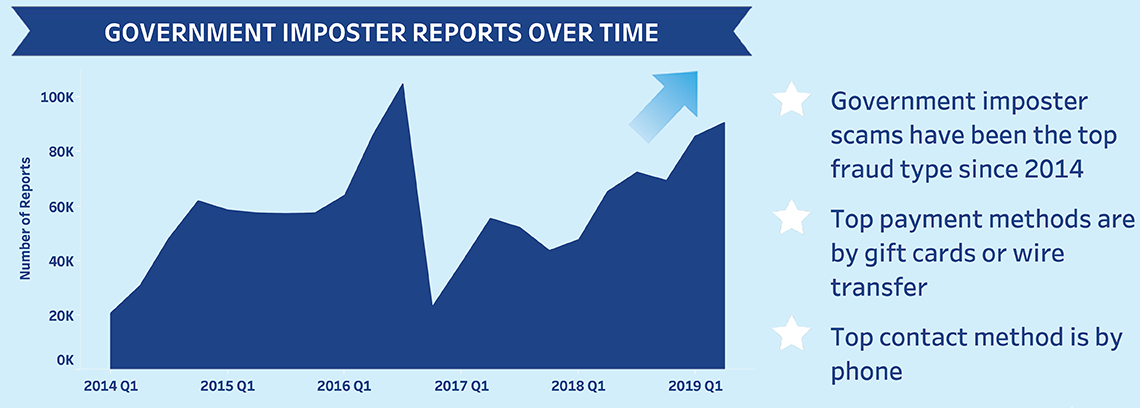.jpg)
The U.S. Federal Trade Commission (FTC) warned consumers today of an active scam campaign targeting potential victims with letters designed to scare them with fake money laundering and terrorism allegations.
"Did you recently get an official FTC letter from 'me'”? That’s in quotes because it wasn’t actually from me. And the letter wasn’t official, or even from the FTC at all," FTC Consumer Response and Operations Associate Director Monica Vaca said.
"In fact, scammers have been faking official-looking letterhead to write scary messages to people, threatening them. But, again: it’s not real."
Part of a multi-stage scam
One of the letters received by a victim who reported the scam to the FTC said that their "activities will be under review" because of suspicious online and financial activities that point at terrorism and money laundering.
While the letter didn't make any demands, the FTC says that it's just the first part of the scam, with the second stage of the attack potentially involving a direct phone call asking the targets to send money to get rid of the fake charges and monitoring.
Similar FTC impersonation scams are detailed by the U.S. government agency here and a comprehensive list of previous scam alerts can be found here.
The FTC provides a list of red flags that should make it easier for consumers to detect when they're the target of a scam campaign:
• The FTC does write back to people who write to us, and we sometimes send letters about a refund from a case – but then, we’ll never ask you to pay anything or give personal info to collect your funds. (Find more about FTC refunds at ftc.gov/redress.)
• No government agency will ever demand that you pay by gift card, wiring money, or bitcoin. Anyone who does that is a scammer. Full stop.
The agency recommends consumers to call the FTC’s Consumer Response Center at 1.877.FTC.HELP (1.877.382.4357) if they ever receive a threatening letter over snail mail and to report any scam attempts using the FTC Complaint Assistant.
To have an idea of how successful scam campaigns are, the FTC says that people lost roughly $41 million during 2018 only from family emergency scams, with victims over 70 and older reporting median losses of $9,000 while other age groups reported loss medians of around $2,000.

Taxpayers also targeted by scammers
The Internal Revenue Service (IRS) issued a similar warning regarding an IRS impersonation scam campaign that targeted taxpayers and tax professionals during August with the end goal of infecting their computers with malware.
After compromising their targets' systems, the IRS said that the attackers could either harvest sensitive info or take control of their victims' compromised systems.
"The IRS does not send emails about your tax refund or sensitive financial information," IRS Commissioner Chuck Rettig also stated at the time.
"This latest scheme is yet another reminder that tax scams are a year-round business for thieves. We urge you to be on guard at all times."
The U.S. Cybersecurity and Infrastructure Security Agency (CISA) provides users and administrators with a CISA Tip on how to avoid being a victim of phishing or social engineering attacks.


Post a Comment Community Rules
You need to login in order to post a comment
Not a member yet? Register Now